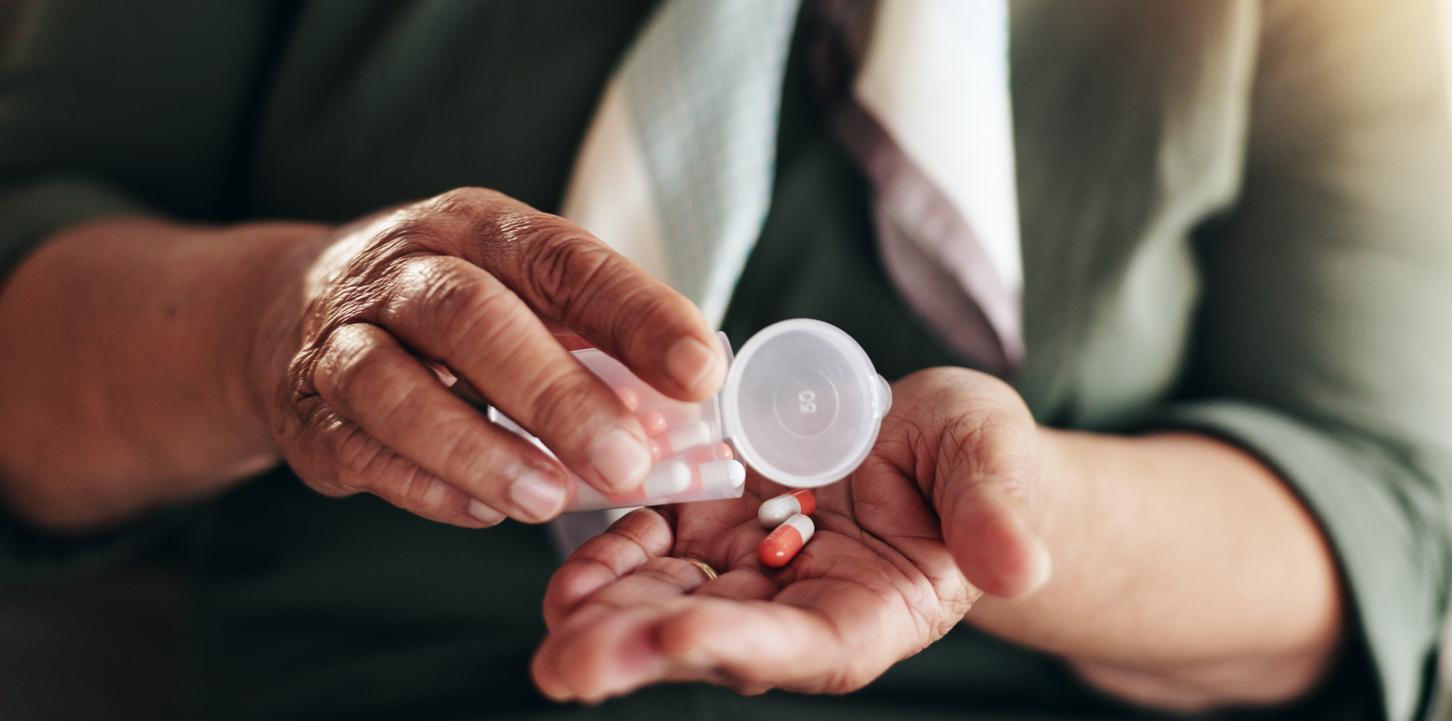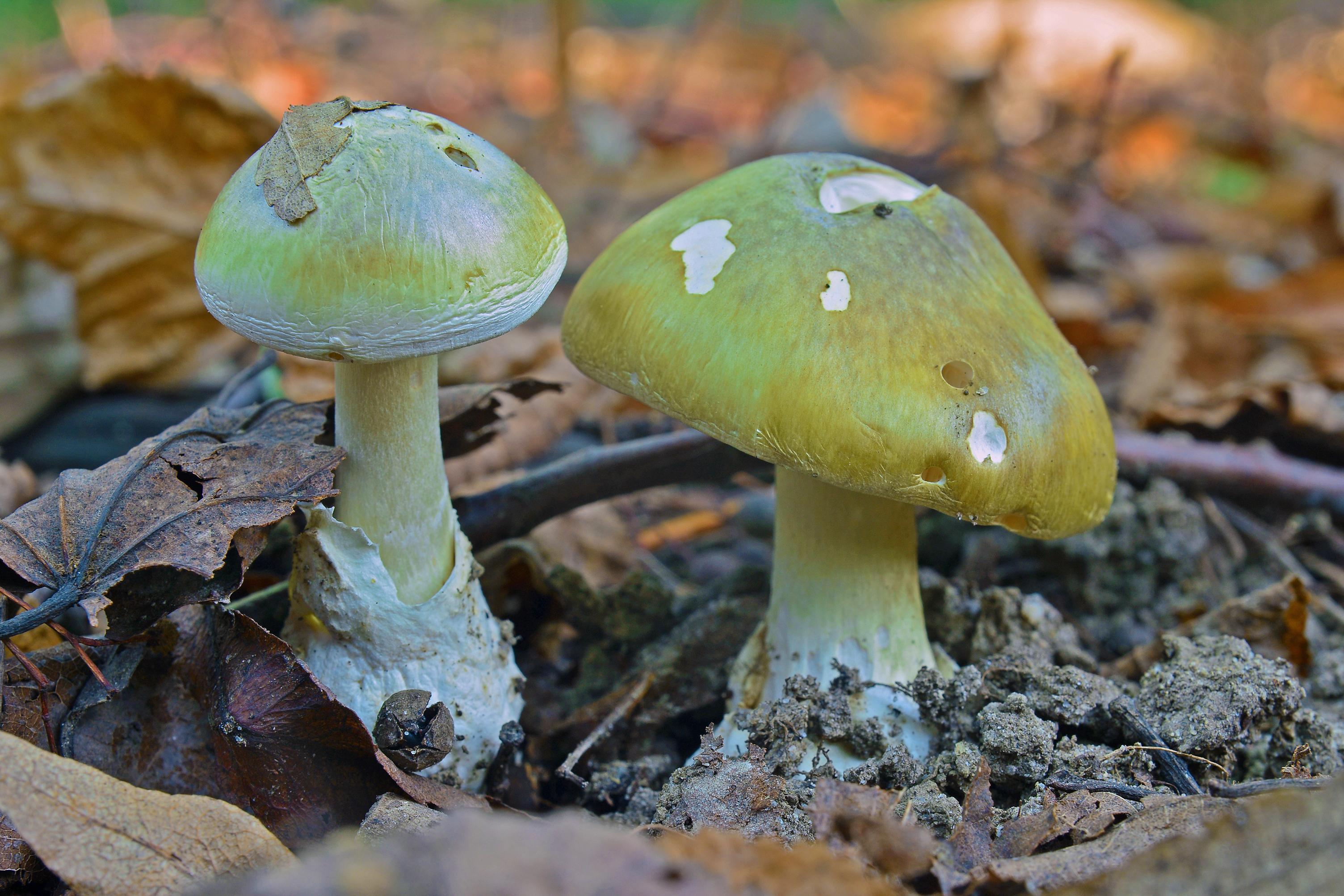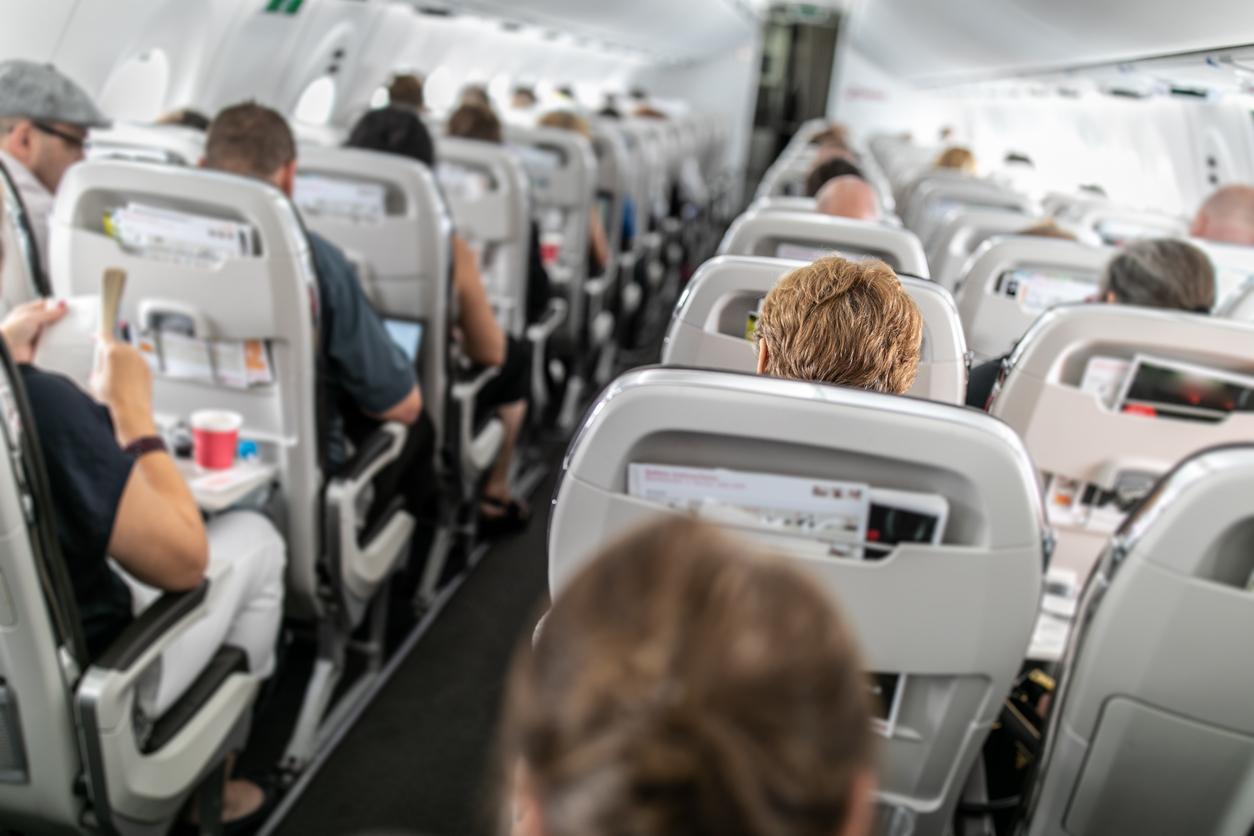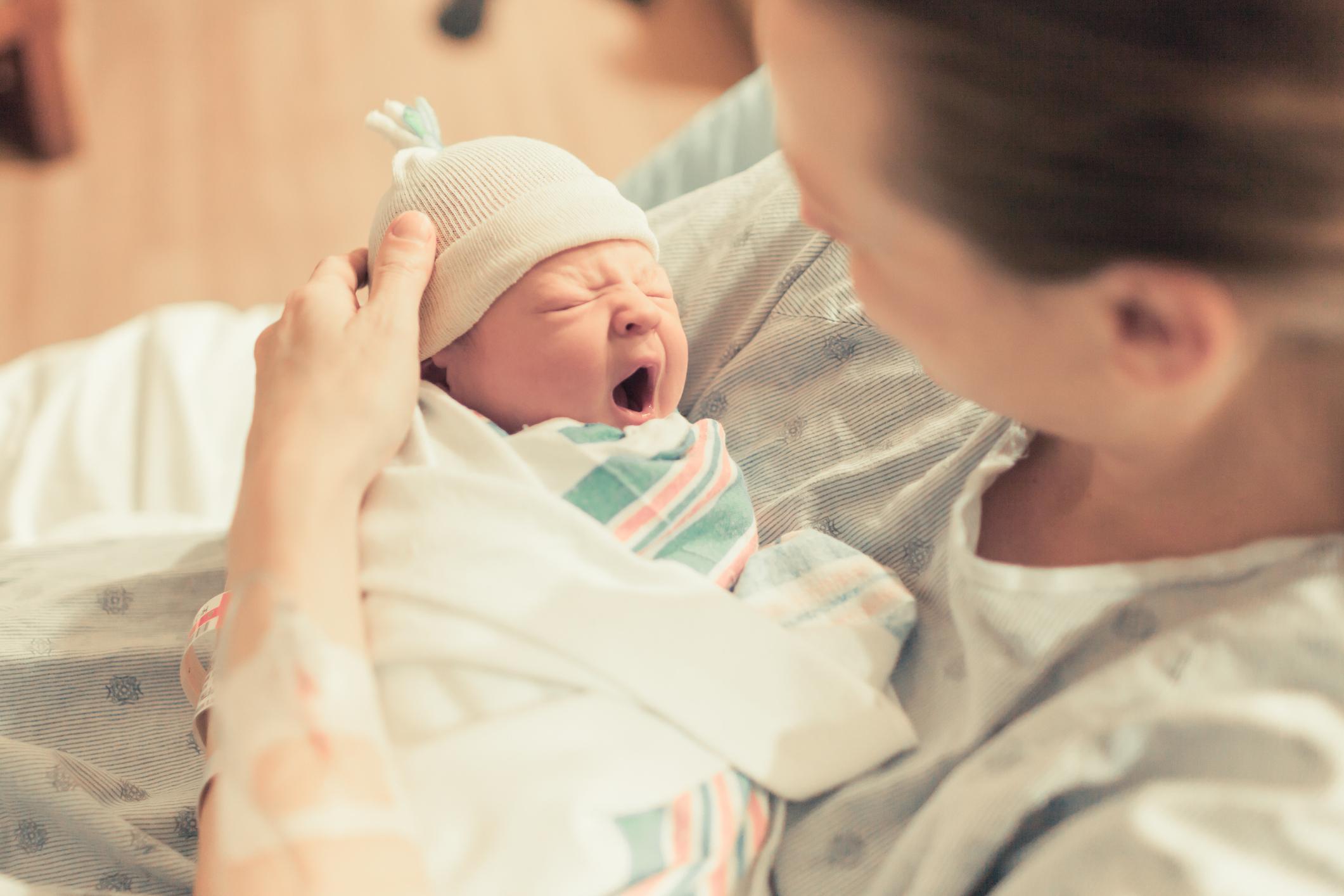The European Aviation Safety Agency has asked several scientists to investigate the quality of the air in planes, which is very often singled out.
-1433842381.jpg)
We often spend several hours in a row there and yet the air in the aircraft cabins would not be very healthy. In any case, this is the point of view of theEASA (European Aviation Safety Agency) which asked several German researchers to investigate the air quality of 60 commercial flights over the next 17 months. The aim is to find out whether travelers and crew members are exposed to potentially toxic fumes during the flight.
In general, the oxygen distributed in the cabin by the engine system is healthy. But in some models, such as the Boeing 787 Dreamliner, the air is less well purged because the seals on some valves wear out much faster than on other planes. Thus, it is possible that traces of atomized oil as well as other chemical agents are present in the air of the cabin. This contamination is problematic because organophosphate organisms from the reactors would then be inhaled. These elements can be transformed into tricresyl phosphate, a substance very toxic to humans.
British companies sued
Although Boeing and Airbus claim that the air in the cabin poses no dangers to both crew and travelers, the British union Unite has decided to take legal action against several airlines on behalf of 17 members of the airline. crews allegedly poisoned by the residues in the air. Unite, which represents nearly 20,000 crew members across the Channel, calls for stricter regulations on the air breathed in planes and therefore increased monitoring. The union has also decided to financially and humanly support all the attacks against the airlines.
This legal action should be watched closely by airlines as cases of illness, better known as aerotoxic syndrome, have become an urgent matter to resolve. It would be the cause of various symptoms: vomiting, increased heart rate, dizziness or even hyperventilation. In 2012, a forensic scientist even claimed that the death of a British Airways pilot could be linked to toxic fumes in the cabin.
Toxicity not fully proven
This is not the first time that the air breathed in planes has been singled out. The only thing is, a study has never been able to prove the toxicity of the substances present in the cabin. Work carried out by Cranfield University (United Kingdom) a few months ago in fact evoked levels of toxicity more or less equivalent to those measured in a domestic environment. The work launched at the request of EASA should provide a clearer picture.
.















